Tens of thousands of people have fled their homes in northeast Nigeria after an increase in violence in the Boko Haram conflict, the United Nations said on Wednesday, January 9.
“More than 30,000 internally displaced people have arrived in Maiduguri, mainly from Baga, in recent weeks,” said the U.N.’s humanitarian coordinator in Nigeria, Edward Kallon.
Baga, on the shores of Lake Chad, has been repeatedly hit in the nine-year conflict, which has killed more than 27,000, left 1.8 million people homeless and triggered a humanitarian crisis.
Fighters from the Islamic State West Africa province faction of Boko Haram overran two military bases in and around the fishing town in late December. Troops from the two bases – a Multinational Joint task Force post staffed by troops from Nigeria, Niger, Chad and Cameroon, and a naval base – withdrew to another naval base at Fish Dam. That base was later attacked by ISWA fighters.
ISWA fighters also attacked nearby military locations in Cross-Kauwa, Kukawa, Kekeno and Bunduram villages, security and civilian sources told AFP. Militants also made three unsuccessful attempts to overrun Monguno, prompting preparations for a military offensive in the area.
Kallon said fighting on December 26 triggered a “massive displacement” of civilians, with men, women and children flocking to already overcrowded camps in Monguno and Maiduguri.
Monguno is a garrison town 65 km (40 miles) southwest of Baga while the Maiduguri, the Borno state capital, is 200 km away on the same road.
Both are considered key prizes for ISWA, which has increased its attacks on military bases and soldiers since July last year.
The December 28 attacks on Monguno forced IDPs to Maiduguri. Some 20,000 arrived at one camp, Teachers Village, stretching its capacity beyond the limit.
Kallon said it was unclear how many remained in Monguno but “tens of thousands of people are in need of humanitarian assistance, notably shelter, food, water and sanitation.”
“The impact of the recent fighting on innocent civilians is devastating and has created a humanitarian tragedy,” he added.
Local and international aid agencies have been providing life-saving assistance to IDPs in the remote region for several years.
But since November, some 260 aid workers have had to withdraw from three local government areas in northern Borno near Lake Chad where ISWAP are known to operate.
Kallon said “hundreds of thousands of people” had been affected and the withdrawal was the largest since the international response was increased in 2016.
ISWA attacks
Boko Haram split into two factions in mid-2016 over ideological differences. One is led by Abu Mus’ab Al-Barnawi and largely focuses on attacking military and government targets, while the other, led by Abubakar Shekau, is notorious for suicide bombings and indiscriminate killings of civilians.
Shekau has pledged allegiance to ISIS leader Abu Bakr Al-Baghdadi, but ISIS central gave its formal backing to the Barnawi faction, which is known as Islamic State West Africa province.
ISWA has lately intensified its armed campaign, launching a number of major assaults on military targets in Borno and neighboring Yobe state amid signs of a takeover by more hardline leaders.
There have been dozens of attacks on military bases since July. Most of the attacks have been blamed on ISWA, or claimed by ISIS as ISWA attacks, but there has been an upsurge in attacks by both factions in recent weeks.
Nigeria’s President Muhammadu Buhari said in December 2015 that Boko Haram were “technically defeated” after a sustained counter-insurgency.
But on Wednesday he acknowledged setbacks in the fight-back, including “battle fatigue” among soldiers from a wave of guerrilla style hit-and-run tactics and suicide bombings.
Buhari was elected in 2015 on a promise to end the conflict and security has again become an election issue as he seeks a second term of office at polls next month.
With reporting from AFP

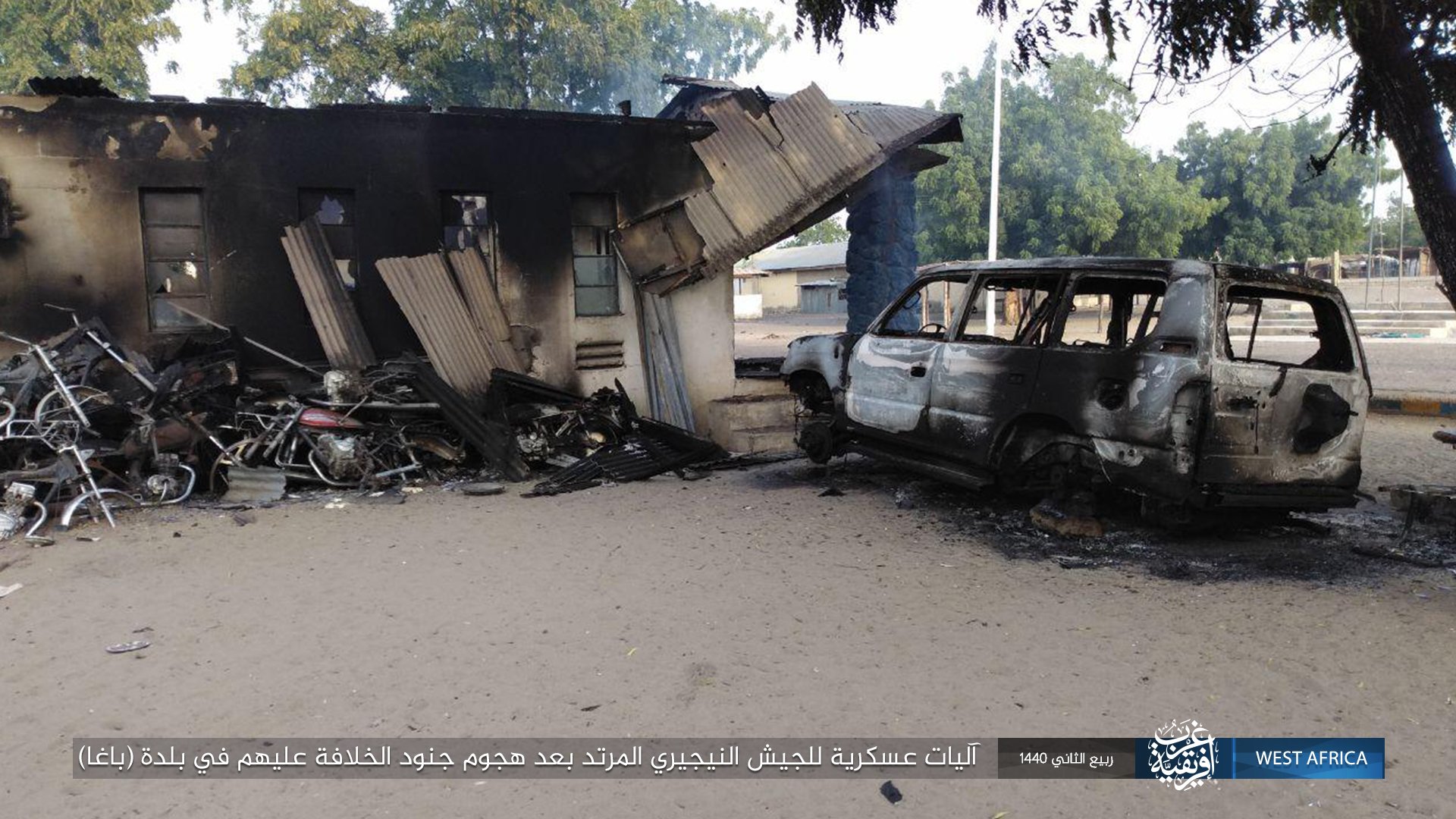
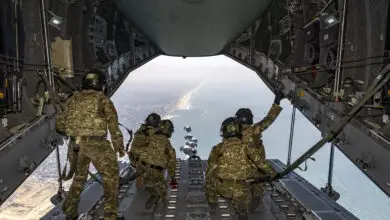
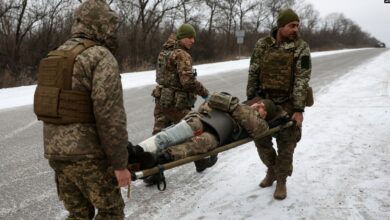
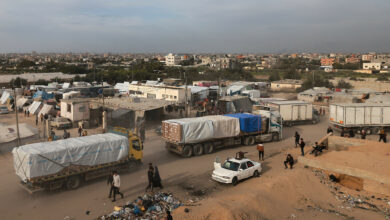
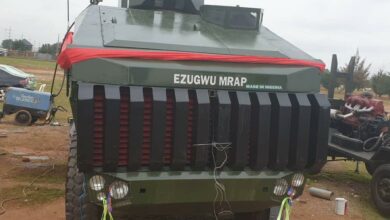

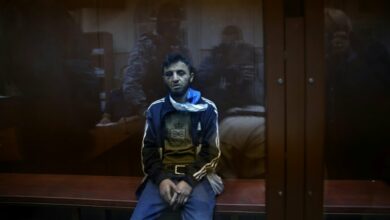

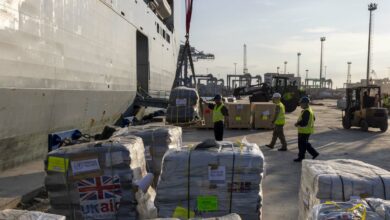

3 Comments